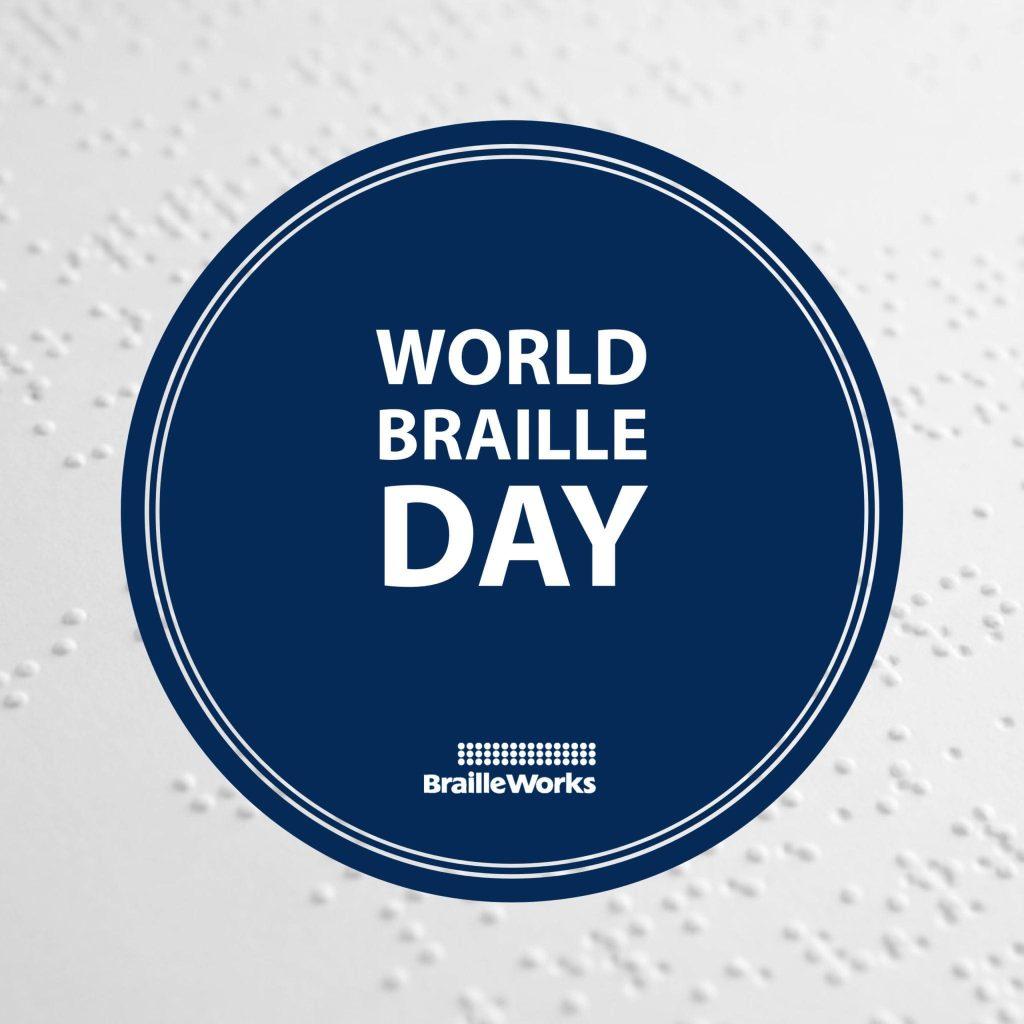World Braille Day is observed on January 4th each year to celebrate the birth of Louis Braille (born on January 4, 1809), the inventor of the Braille system of reading and writing for the blind and visually impaired.
World Braille Day is observed on January 4th each year to celebrate the birth of Louis Braille (born on January 4, 1809), the inventor of the Braille system of reading and writing for the blind and visually impaired.
Each year, there might be different global themes for World Braille Day, focusing on issues like Braille literacy, education, accessibility in technology, and advocacy for blind people’s rights. Governments, organizations, and institutions might organize events, educational programs, and advocacy campaigns to raise awareness about the importance of Braille and assistive technologies,
Saumya Sinha

